Assistant Principal - Curriculum
Lou Corso

Assistant Principal - Curriculum
Lou Corso
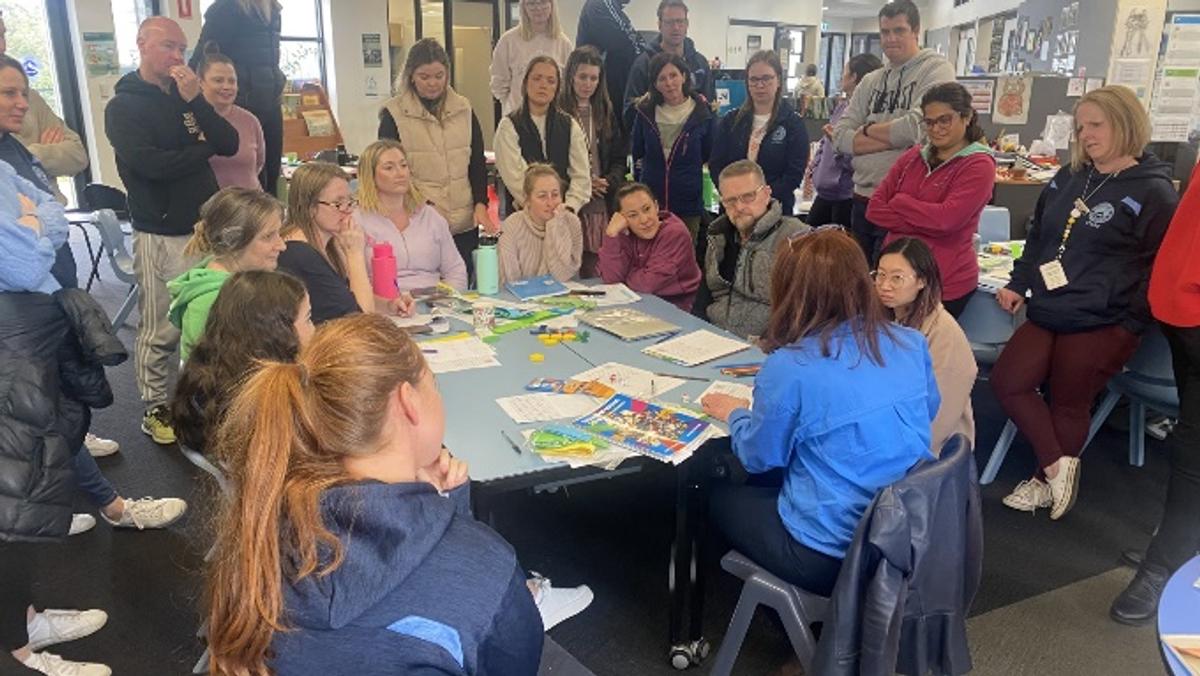
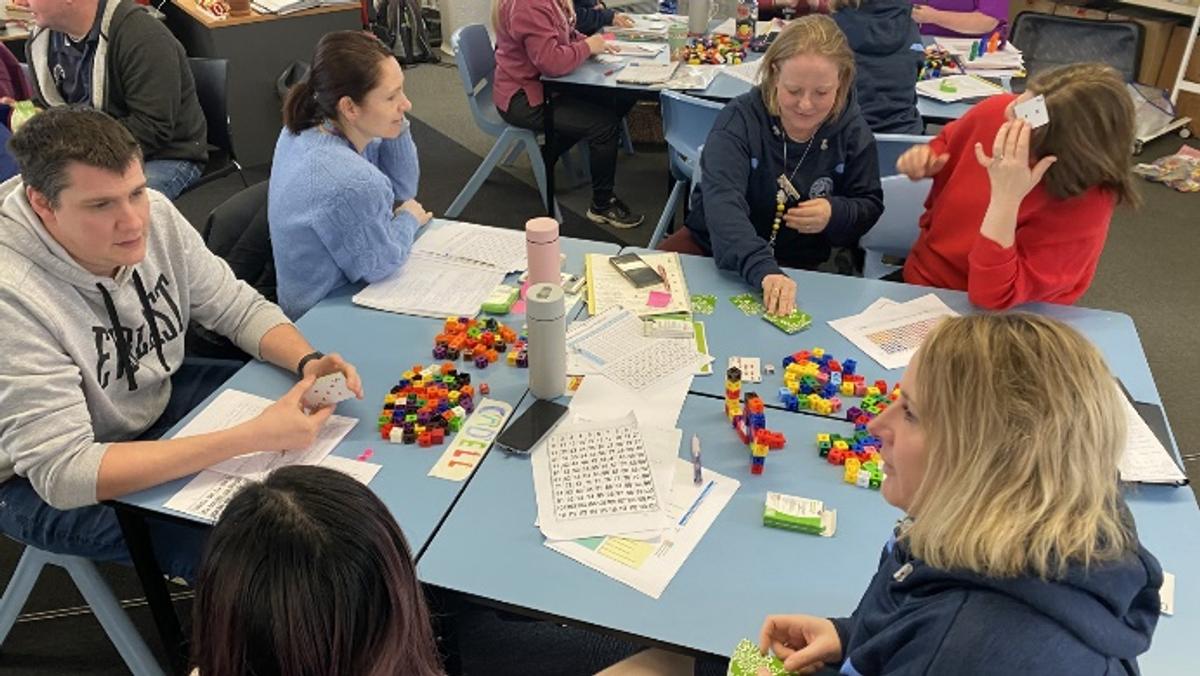


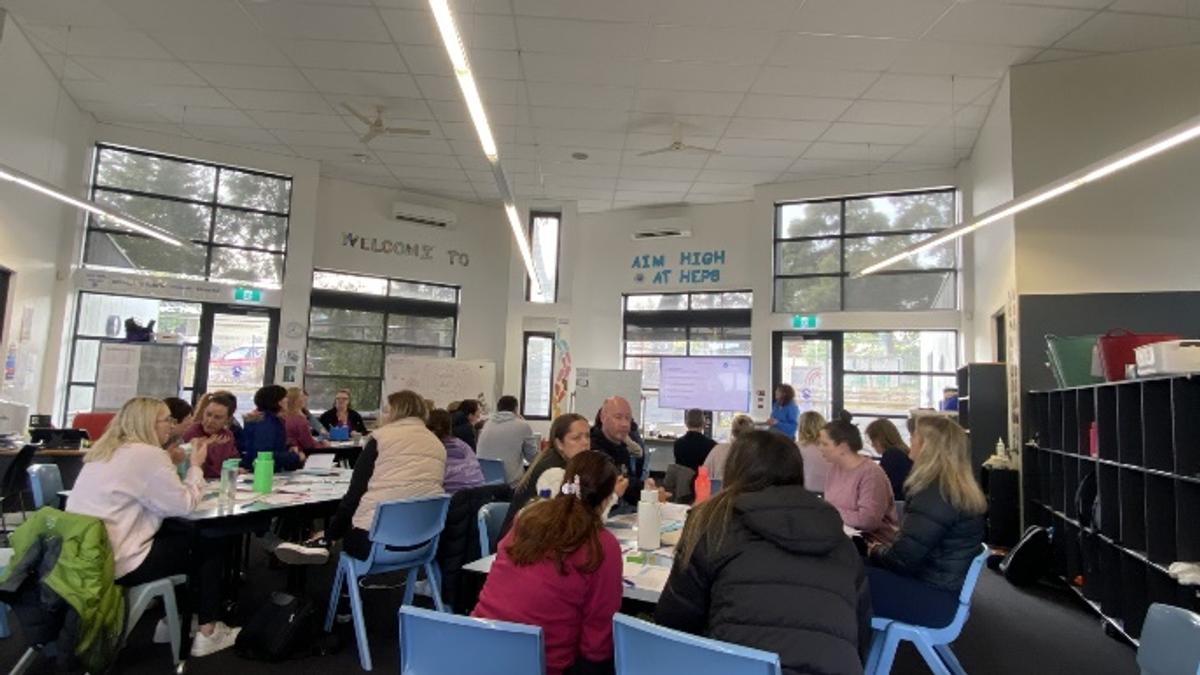
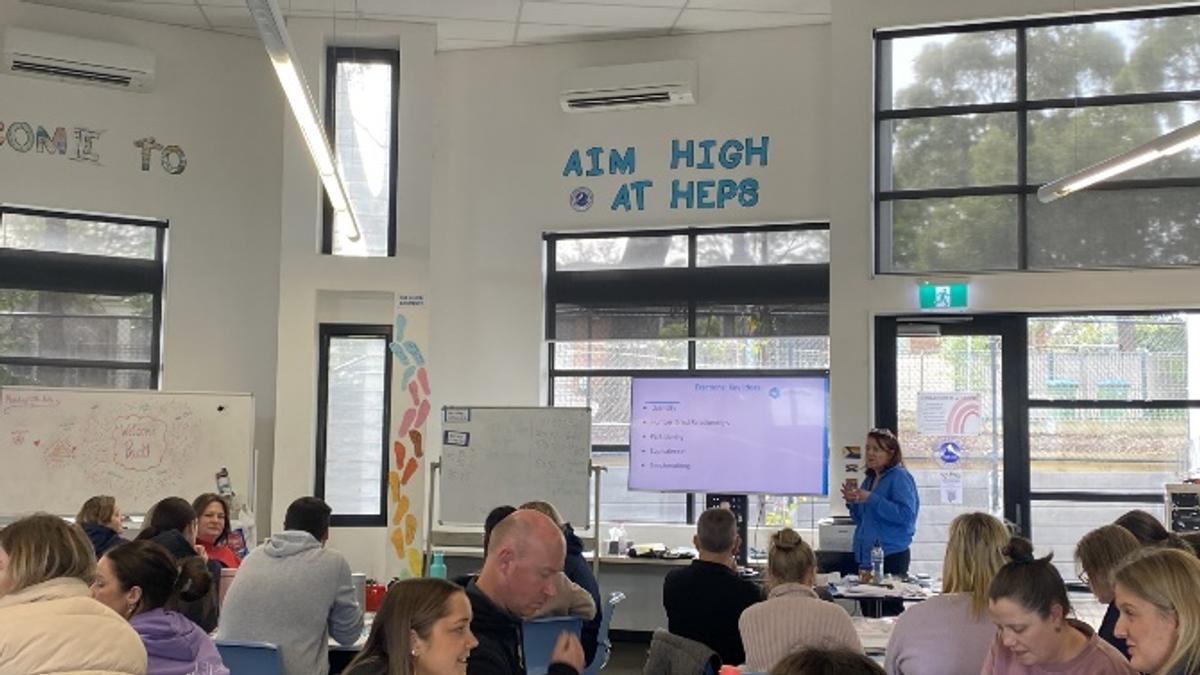


NUMERACY CURRICULUM DAY
On Friday 14th of July, we had a wonderful and engaging numeracy consultant conduct a workshop for our staff. Cathy Epstein introduced some great new strategies for planning and implementing rich and challenging numeracy activities in the classroom. The staff worked through the main strands of the Victorian Curriculum including Number and Algebra, Measurement and Geometry and Statistics and Probability. Numeracy continues to be a focus for our school as it is one of our annual implementation goals for 2023.
NUMERACY PARENT INFORMATION NIGHT
“Pure mathematics is the world’s best game.” - Richard J. Trudeau
Last night over 60 parents attended our Numeracy Information Night at HEPS with the key focus being - ‘Supporting Numeracy at Home’.
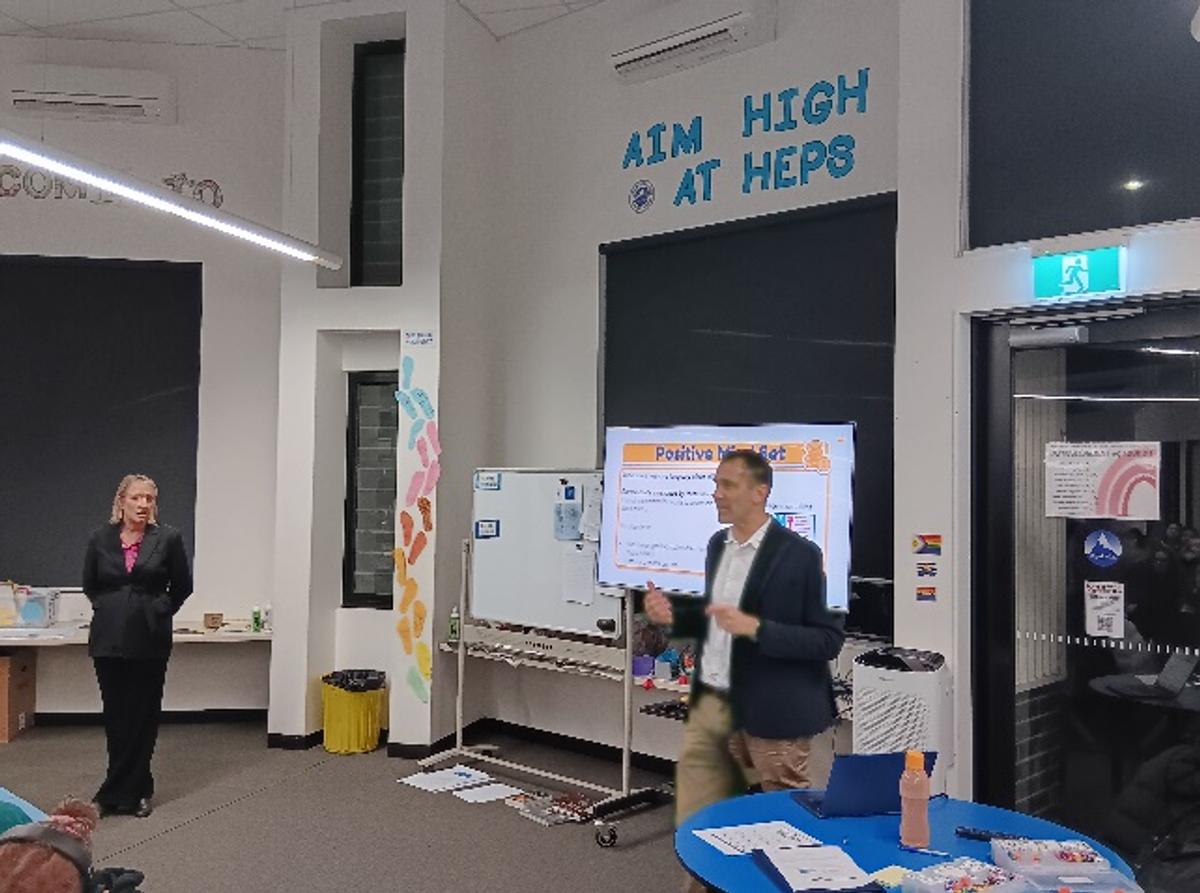
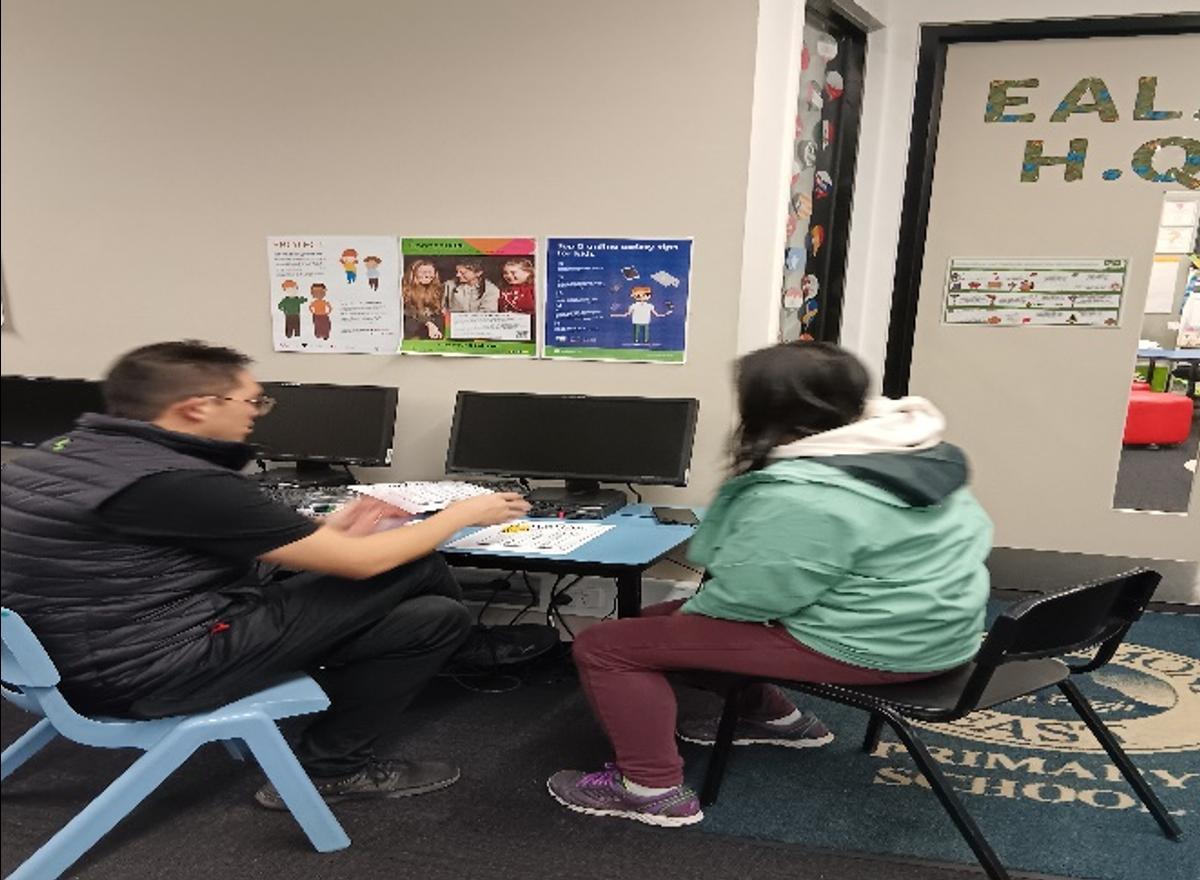


Having a positive mindset at home when talking about numeracy will support your child’s level of engagement and attitude to numeracy. To support you child at home it’s important to:
Jo Boaler, a professor at Stanford University, researchers the most effective environments for students learning mathematics. Her theory on a positive mindset can be found here –
Children who are numerate are more likely to have positive social and economic outcomes.
During the presentation we unpacked the 4 proficiencies in numeracy that are applied across all areas of the curriculum. They are: understanding, fluency, problem solving and reasoning.
Numeracy has a certain language that children must understand to make meaning and develop their knowledge and skills. Moving from, ‘what you are doing’ to ‘what you are thinking’. It’s important to support your child by asking questions about their learning. Suggested prompts include:
What did you find out?
How did you….?
Why did you…..?
What do you notice…?
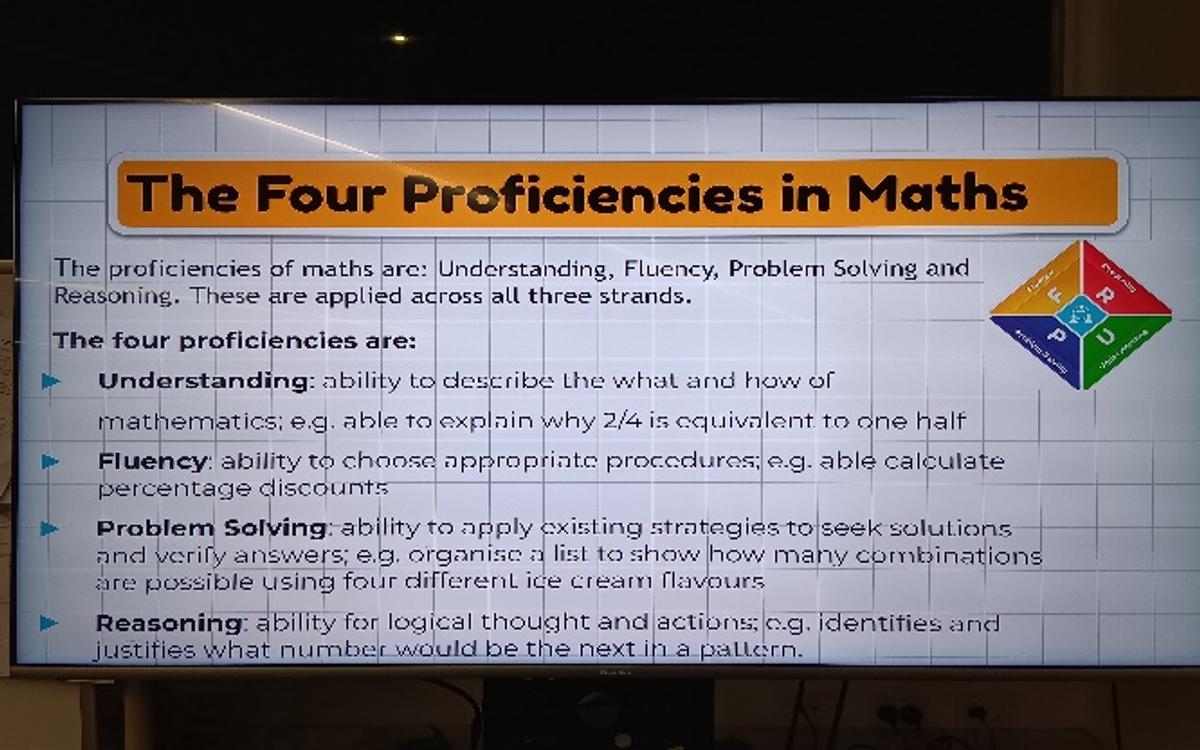
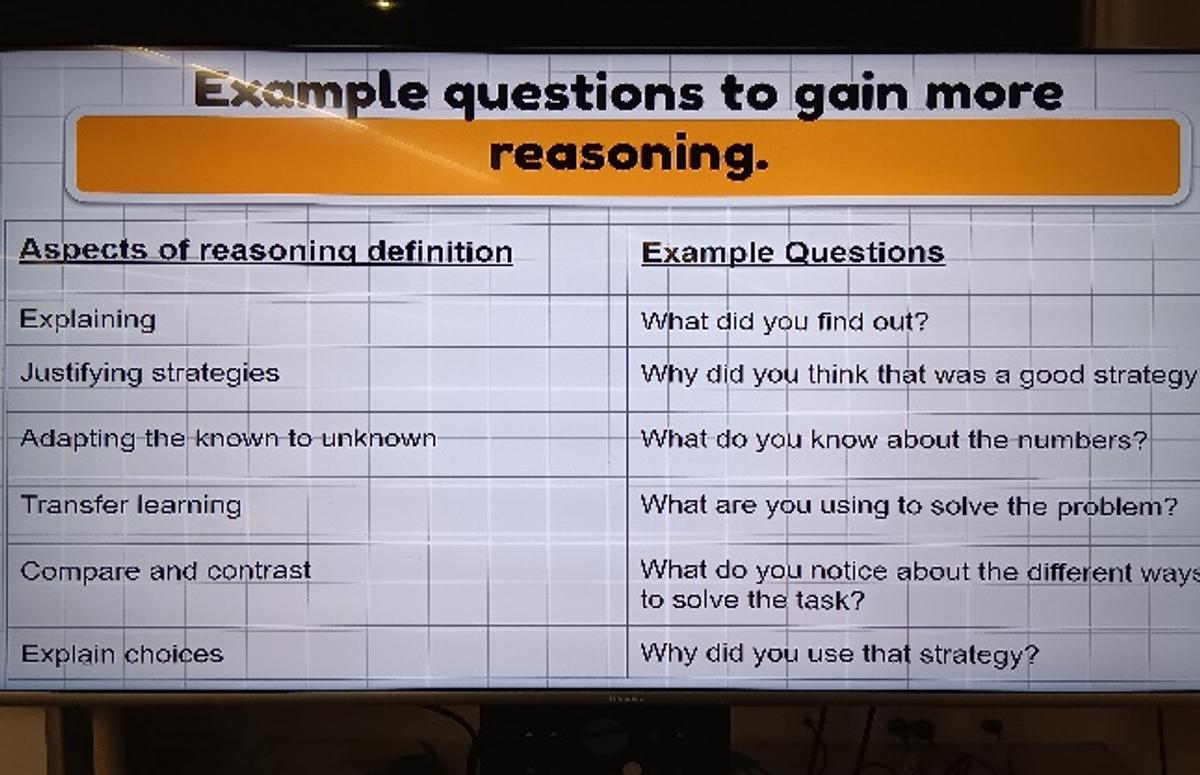


Some everyday activities that you and your family can engage in at home may include:
Cooking, sport scores, Time Zone tokens, times, schedules, board games, shopping, lego, budgeting, jobs around the house, music and dance.
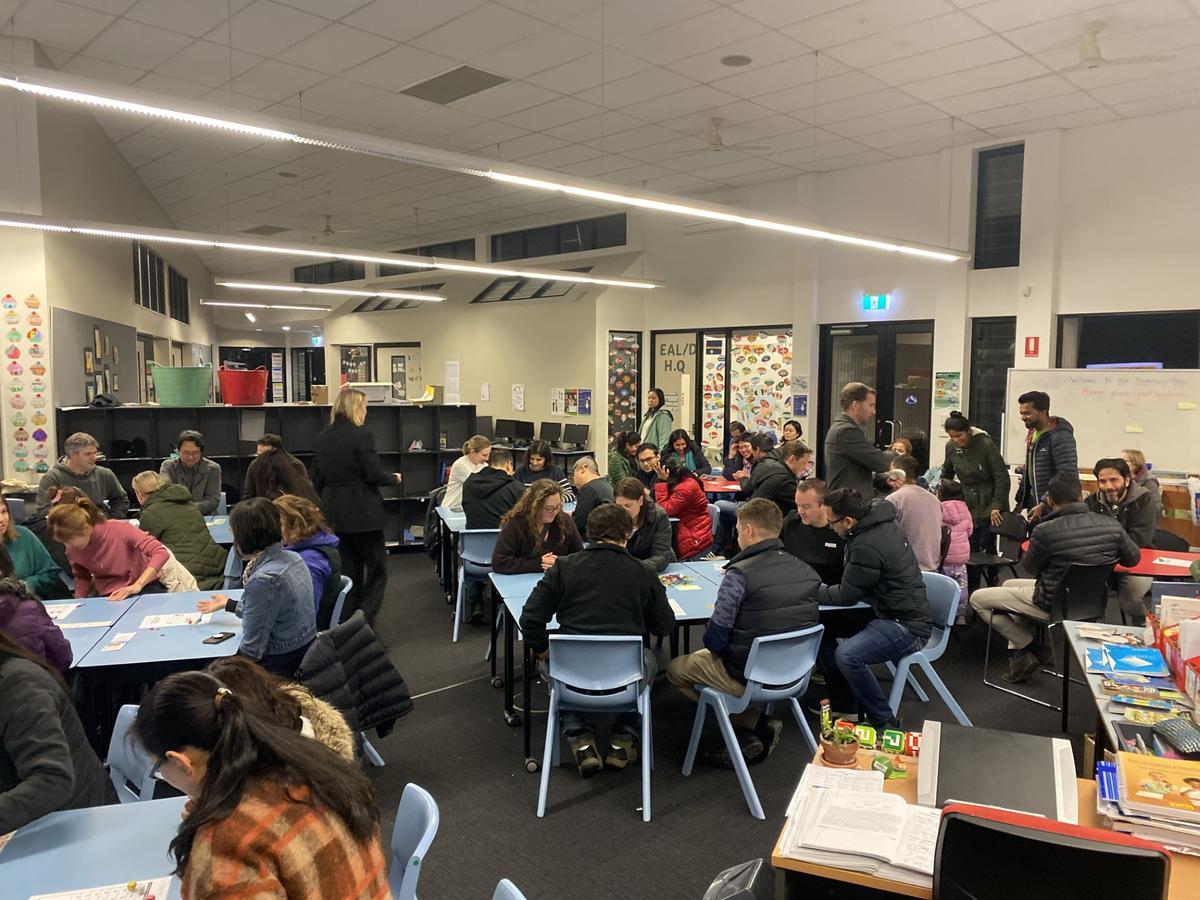
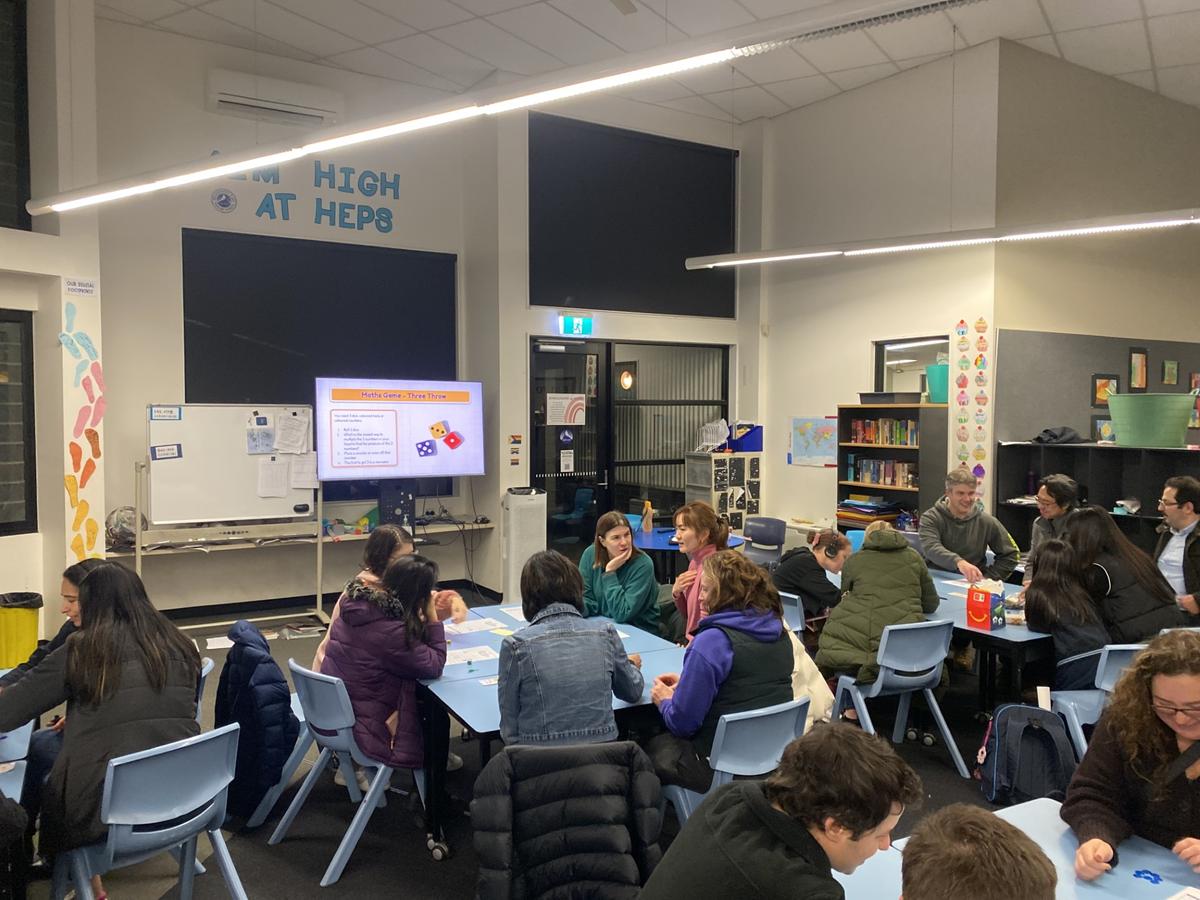


By playing games at home and questioning your child about the strategies they use can have a really positive impact as it builds fundamental skills, number sense, critical thinking and communication whilst building a stronger relationship between parent and child.
Numeracy should be engaging and challenging, but most importantly, fun!
The information night PowerPoint has been forwarded to families via Compass.
Frequently asked questions from parents.
Q. Is there a particular place we can buy numeracy books?
A. Yes, please refer to the resource links in the PowerPoint or try your local newsagent or Kmart.
Q. How can I find out what level my child is at so I can support them at home?
A. Please refer to your child’s Semester 1 report and contact your child’s classroom teacher. You can also refer to the Australian Curriculum website.https://www.australiancurriculum.edu.au/f-10-curriculum/mathematics/#
Q. If my child tries to solve a problem in a different way from what I’ve learnt, should I correct them?
A. No. We want children to have a variety of strategies that they can articulate and use. One size doesn’t ft all.
Three Way Conferences will take place in Week 9 on Wednesday 7th & 8th of September between 2.00-7.00 PM. More information will be communicated in the near future.